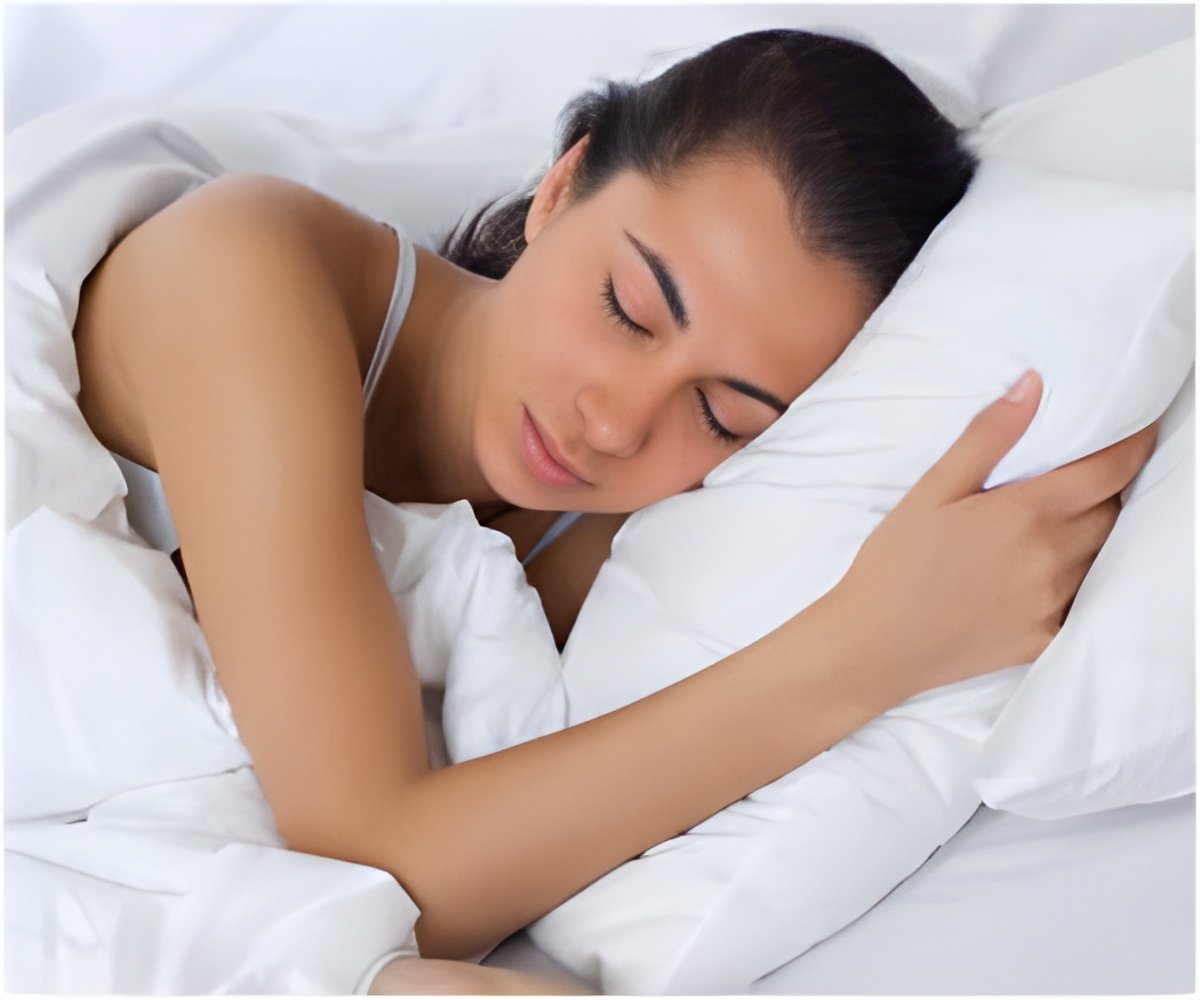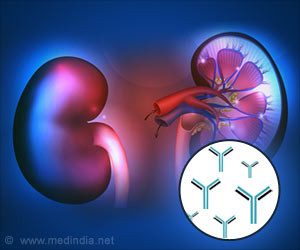The answer to why a number of people fail to wake up feeling refreshed in the morning has been identified by an Indian origin researcher.

"By using such an alarm clock, the user will wake feeling much more refreshed than if they were awakened by a conventional alarm clock that rings at a set time," Sylvia said.
The researchers point out that sleep usually involves 90-minute cycles of brain activity during which there are periods when the brain is in the most arousable state and if a person is woken during such a period, they will feel more refreshed than if they are woken during a deeper part of the sleep cycle.
Taking advantage of this requires putting EEG scalp electrodes on the head to monitor brain activity and to hook the output to a modified alarm clock, once out of the experimental stage, the team envisages a head-band worn while sleeping that uses wireless electrodes.
In tests, the alarm time was set and the monitoring process was set to begin 90 seconds before the alarm time and an onboard computer was attached to determine what stage of their brain activity cycle the sleeper is in during the 90-second monitoring time.
If they are in the 3rd or 4th stage of sleep, the alarm is "snoozed" automatically, but if they were in stage 1 or 2 of sleep, the more arousable stages, the alarm sounded to wake the sleeper.
Advertisement
Source-ANI















